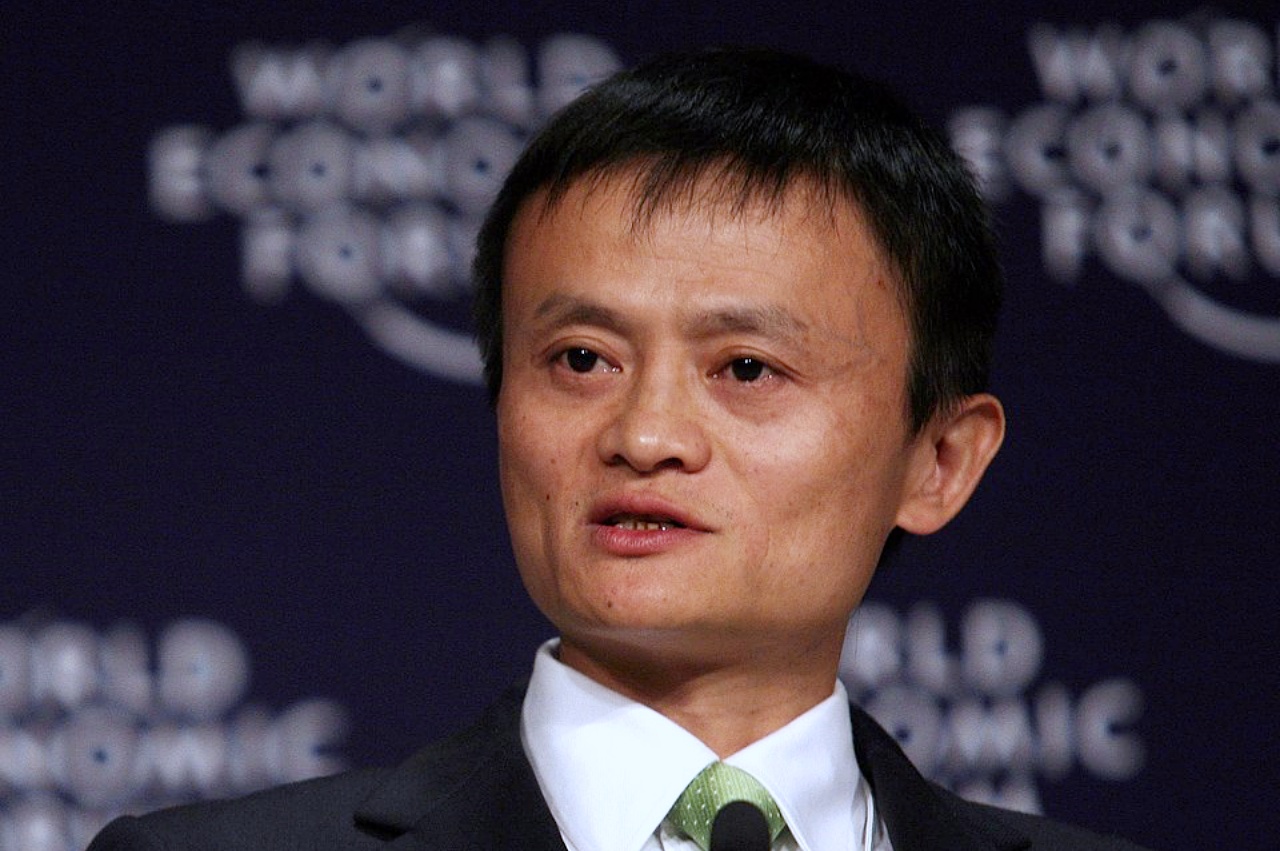Jack Ma is backing down and will no longer have control over Ant Group. The company said that the decision comes after its shareholders agreed to overhaul its shareholding system or organization.
According to CNN Business, based on the company’s statement and its own estimation, after the modification, the 58-year-old Chinese business magnate’s voting rights will drop to just 6.2%. It was noted that prior to the restructuring, Ma had more than 50% of voting rights at Ant Group through Hangzhou Yunbo and two other groups.
To put it simply, the billionaire and founder of the Ant Group will lose majority voting rights in the company as he chose to give this up. The financial services corporation added that the adjustments on the voting rights would make its shareholder structure more transparent and diversified.
But then again, Ant Group clarified that despite the modification, there would be no change regarding the economic interests of any shareholders. Based on the report, 10 major shareholders, including Ma, agreed to stop acting together when exercising their voting rights. This means they will only be voting independently rather than cooperating with each other.
The changes in governance structure were recently announced by Ant Group, and it came after Chinese regulators stopped Ant Group’s $37 billion IPO attempt in November 2020. The authorities proceeded to order the company to reorganize its business.
BBC News reported that Ant Group is close to completing the two-year restructuring ordered by the regulators. Local authorities are reportedly set to impose more than a $1 billion fine on the company.
"Jack Ma's departure from Ant Financial, a company he founded, shows the determination of the Chinese leadership to reduce the influence of large private investors," Orient Capital Research’s managing director, Andrew Collier, commented. "This trend will continue the erosion of the most productive parts of the Chinese economy."
Photo by: World Economic Forum/Wikimedia Commons (CC BY-SA 3.0)



 TrumpRx Website Launches to Offer Discounted Prescription Drugs for Cash-Paying Americans
TrumpRx Website Launches to Offer Discounted Prescription Drugs for Cash-Paying Americans  CK Hutchison Launches Arbitration After Panama Court Revokes Canal Port Licences
CK Hutchison Launches Arbitration After Panama Court Revokes Canal Port Licences  Vietnam’s Trade Surplus With US Jumps as Exports Surge and China Imports Hit Record
Vietnam’s Trade Surplus With US Jumps as Exports Surge and China Imports Hit Record  Instagram Outage Disrupts Thousands of U.S. Users
Instagram Outage Disrupts Thousands of U.S. Users  Tencent Shares Slide After WeChat Restricts YuanBao AI Promotional Links
Tencent Shares Slide After WeChat Restricts YuanBao AI Promotional Links  Hims & Hers Halts Compounded Semaglutide Pill After FDA Warning
Hims & Hers Halts Compounded Semaglutide Pill After FDA Warning  South Korea’s Weak Won Struggles as Retail Investors Pour Money Into U.S. Stocks
South Korea’s Weak Won Struggles as Retail Investors Pour Money Into U.S. Stocks  Weight-Loss Drug Ads Take Over the Super Bowl as Pharma Embraces Direct-to-Consumer Marketing
Weight-Loss Drug Ads Take Over the Super Bowl as Pharma Embraces Direct-to-Consumer Marketing  SpaceX Prioritizes Moon Mission Before Mars as Starship Development Accelerates
SpaceX Prioritizes Moon Mission Before Mars as Starship Development Accelerates  Uber Ordered to Pay $8.5 Million in Bellwether Sexual Assault Lawsuit
Uber Ordered to Pay $8.5 Million in Bellwether Sexual Assault Lawsuit  Trump Lifts 25% Tariff on Indian Goods in Strategic U.S.–India Trade and Energy Deal
Trump Lifts 25% Tariff on Indian Goods in Strategic U.S.–India Trade and Energy Deal  Trump’s Inflation Claims Clash With Voters’ Cost-of-Living Reality
Trump’s Inflation Claims Clash With Voters’ Cost-of-Living Reality  American Airlines CEO to Meet Pilots Union Amid Storm Response and Financial Concerns
American Airlines CEO to Meet Pilots Union Amid Storm Response and Financial Concerns  Sony Q3 Profit Jumps on Gaming and Image Sensors, Full-Year Outlook Raised
Sony Q3 Profit Jumps on Gaming and Image Sensors, Full-Year Outlook Raised  South Korea Assures U.S. on Trade Deal Commitments Amid Tariff Concerns
South Korea Assures U.S. on Trade Deal Commitments Amid Tariff Concerns  Once Upon a Farm Raises Nearly $198 Million in IPO, Valued at Over $724 Million
Once Upon a Farm Raises Nearly $198 Million in IPO, Valued at Over $724 Million  Washington Post Publisher Will Lewis Steps Down After Layoffs
Washington Post Publisher Will Lewis Steps Down After Layoffs 































